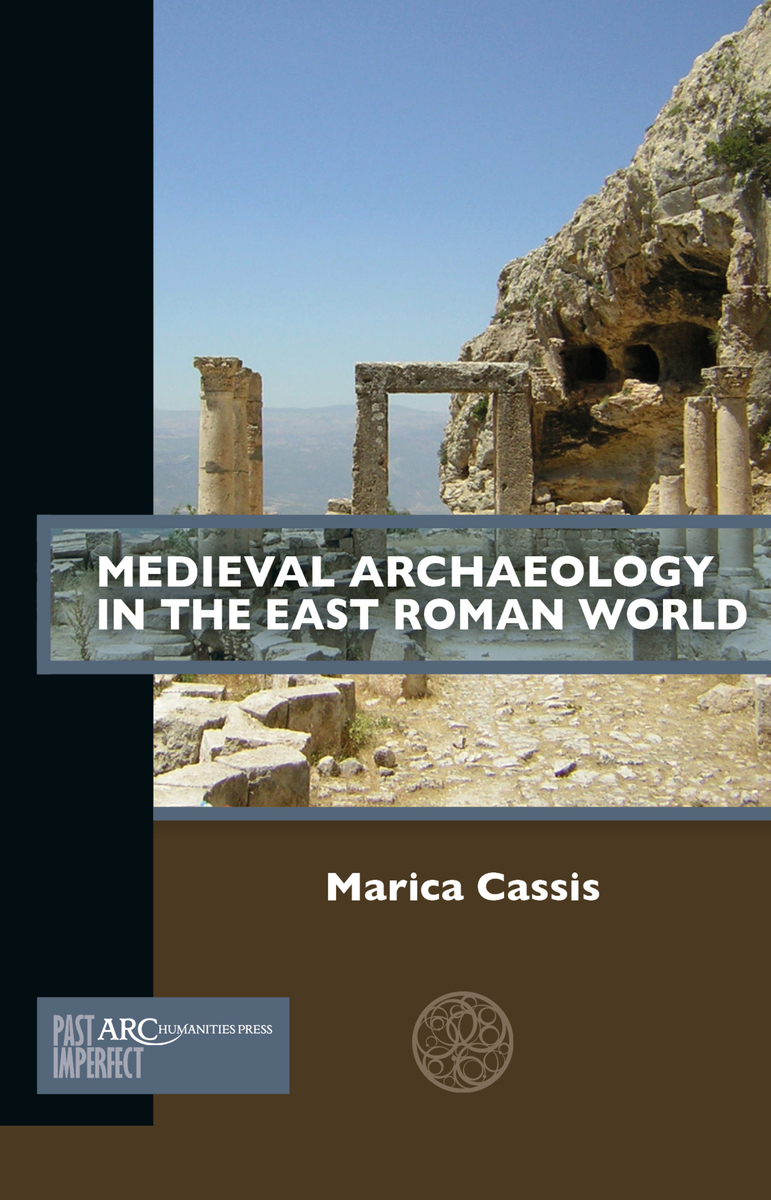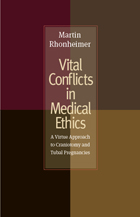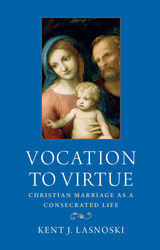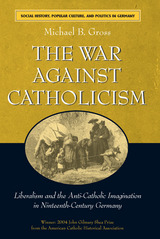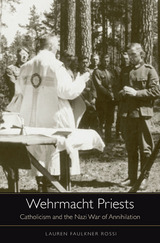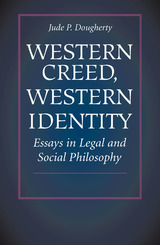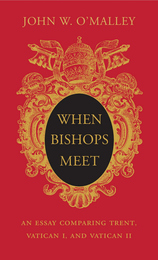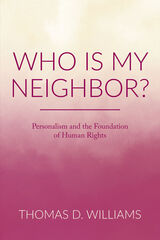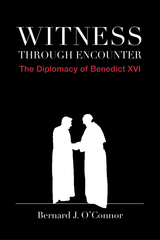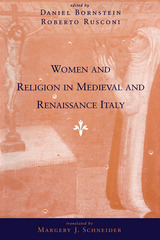Medieval Archaeology in the East Roman World
Arc Humanities Press, 2024
eISBN: 978-1-80270-202-6 | Paper: 978-1-64189-219-3
See other books on: Ancient | Byzantine Empire | Europe | History | Medieval
See other titles from Arc Humanities Press
eISBN: 978-1-80270-202-6 | Paper: 978-1-64189-219-3
ABOUT THIS BOOK | AUTHOR BIOGRAPHY | TOC
ABOUT THIS BOOK
Medieval archaeology of the East Roman world is key to understanding the populations that are invisible in contemporary political and religious sources. Although scholars have long studied the religious and elite structures of the East Roman world, dedicated analysis of the material remains of ordinary and rural people is relatively new. Yet this work is essential to understanding the people who lived in lands as varied as Italy and northern Mesopotamia between the fourth and fifteenth centuries, as well as the continuity of their communities. This book argues that when approached as a series of microhistories, medieval archaeology in the East Roman world is the archaeology of complex settlements, each of which was forced to react, positively or negatively, to the varied changes of the period. It is the archaeology of landscapes, of households, and of resilience; in recognizing this, we gain a more nuanced view of the East Roman world.
See other books on: Ancient | Byzantine Empire | Europe | History | Medieval
See other titles from Arc Humanities Press
